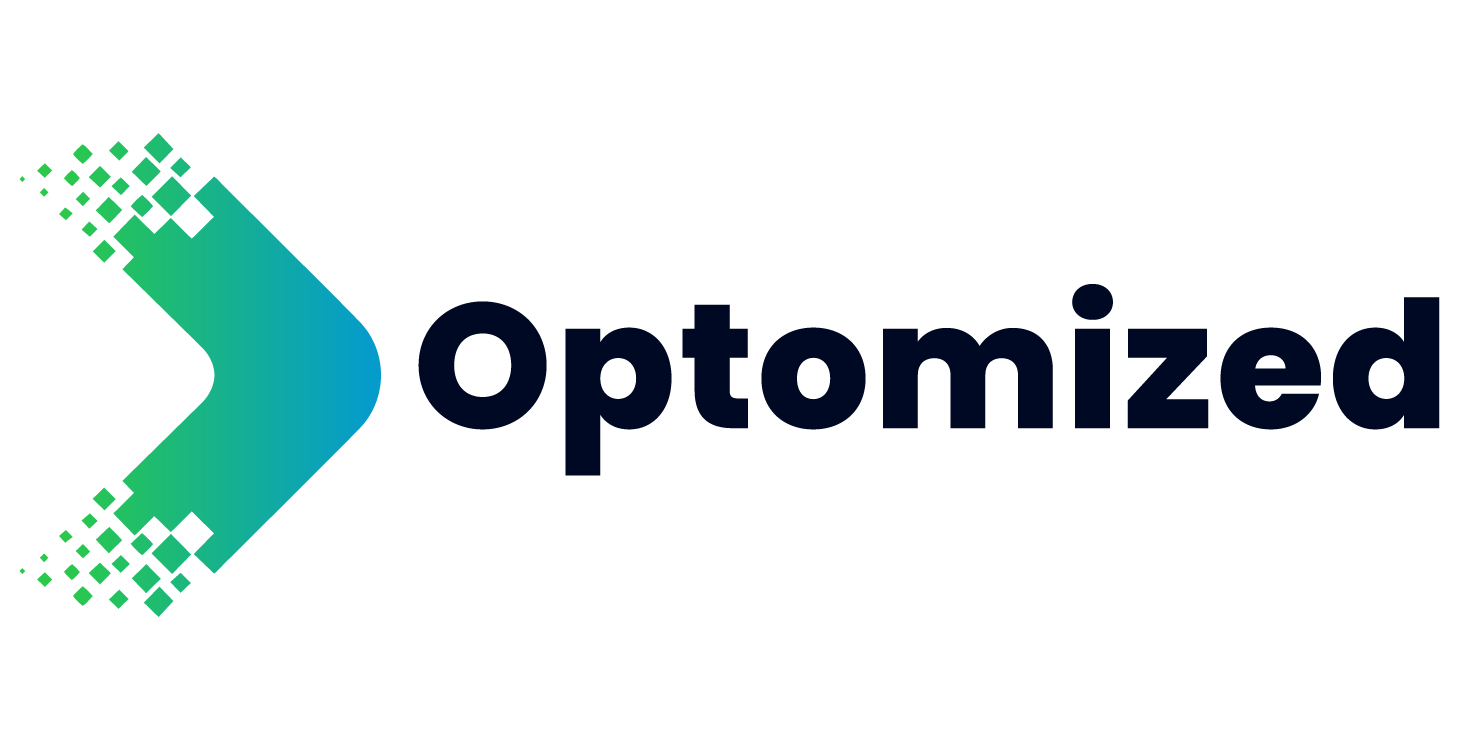Optomized Insights
Expert Strategies for Business Growth: Lead Generation, Sales, and Success Insights

The Right Marketing Tools for Small Businesses: How to Use Them Effectively
For small businesses, selecting and using the right marketing tools can be a game-changer. The problem isn't about having too many options; it's about choosing and using the marketing tools that truly drive results without overwhelming your operations.
In today's fast-paced digital world, small businesses often get caught in the trap of trying out every tool they come across. But what happens when you’re using all these tools, but not getting the results you expect? It’s time to rethink how marketing tools can work for you.
Why Just Tools Aren’t Enough
You’ve likely heard it before: “SEO is the key to bringing in customers,” or “Paid ads are the way to boost visibility.” But without the right systems and integrations in place, you’re not getting the most out of your efforts.
The Pitfall: Focusing on the Tools, Not the Results
SEO can drive traffic, but if your website isn’t optimized for conversion, you’ll be sending visitors to a dead-end.
Paid Google Ads might get you clicks, but if your follow-up systems aren’t automated, those clicks will often fall through the cracks.
Email campaigns are great, but without a segmented, customized list and effective follow-up, you're just sending emails into the void.
Many small businesses focus on the tools themselves instead of the strategy and integration required to turn those tools into real business growth.
The Big Picture: Tools Alone Won’t Transform Your Business
The problem isn’t about having the right tools—it's about how you use them and how they fit into your larger marketing system.
For example, a customer relationship management (CRM) tool might seem like the perfect way to organize your leads, but if you’re not using it to automate follow-ups, you're still relying on manual efforts, which are time-consuming and inefficient.
Similarly, SEO alone won’t work if your website is not optimized for conversions or if you're missing a clear call to action. And paid ads can drain your budget if you don’t have the right landing pages or retargeting strategies in place.
Strategic Integration: The Key to Success
Rather than focusing on individual tools, it’s more important to look at how they integrate into a holistic marketing system. This is where the real power lies: combining tools to create a seamless, efficient customer journey.
Example:
Let’s say you’re running Facebook ads to drive traffic. That’s great, but once the traffic lands on your website, are you converting that traffic into leads? Do you have an automated email campaign that nurtures those leads, and a CRM system that tracks engagement?
Without integration, all the tools in the world won’t help. You need to build an efficient machine that brings in leads, nurtures them, and ultimately converts them into loyal customers.
The Mistake: Trying to Do It All
Another problem many small businesses face is trying to do it all. They think, “I need to master SEO, then I’ll focus on Google Ads, then I’ll handle my social media posts.”
This siloed approach often leads to frustration and burnout because it spreads resources too thinly and doesn’t address the core issue: business systems.
Instead of thinking, “I need to do SEO, I need to run paid ads, I need to use email marketing,” think about how all of these elements can come together to create a cohesive system that moves prospects seamlessly through the funnel.
How to Get It Right:
1. Define Your Objectives
Before you dive into using a tool, know what you’re trying to achieve. Do you want more leads? More sales? More engagement? Define your goals, then choose the tools that can help you achieve them.
2. Integrate Tools for Seamless Workflow
Automated email marketing systems integrated with your CRM.
Analytics platforms that tie directly into your ad performance and website conversion metrics.
Social media scheduling tools that integrate with your content strategy.
The best results come from streamlined processes where tools are working together, not in silos.
3. Don’t Overload on Tools
You don’t need 15 tools to run a successful marketing campaign. Focus on a few that serve your business objectives and integrate well with each other.
4. Train Your Team
Even if you have the best tools, if your team doesn’t know how to use them properly, you won’t see results. Train your team on the tools and processes to maximize their potential.
Conclusion: Focus on Strategy, Not Tools
The bottom line is simple: The best marketing tools are only useful if they are integrated effectively into a larger business strategy. Don’t get distracted by the latest tool that promises instant results. Instead, focus on streamlining and integrating the tools that will help you build a cohesive and efficient marketing system.
You don’t need more tools—you need the right tools, used strategically to fit your business goals.
If you're feeling overwhelmed by your tools and systems, it's time to take a step back and reevaluate your approach. Align your tools with your strategy, and watch your business move from chaos to clarity.
Still have questions about using the right tools for your business?
We understand that figuring out how to integrate the right marketing tools and strategies can be overwhelming. To help clarify things, we’ve answered some of the most common questions our clients ask.
Visit our FAQ page for more insights on how the right tools can work for your small business.
Copyright Optomized 2022 -- All Rights Reserved
We’re on a mission to give estate agents the winning edge to create perpetual growth and a brighter future
